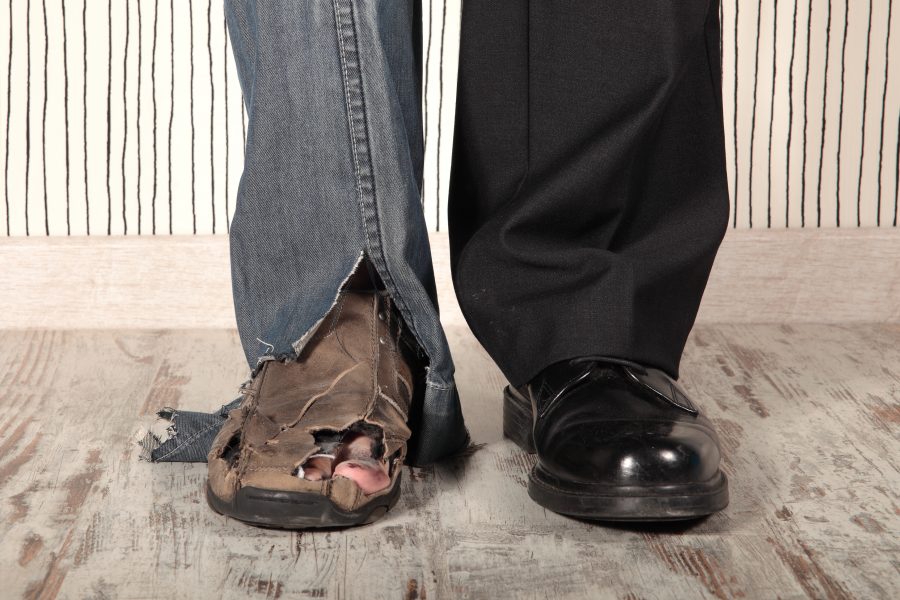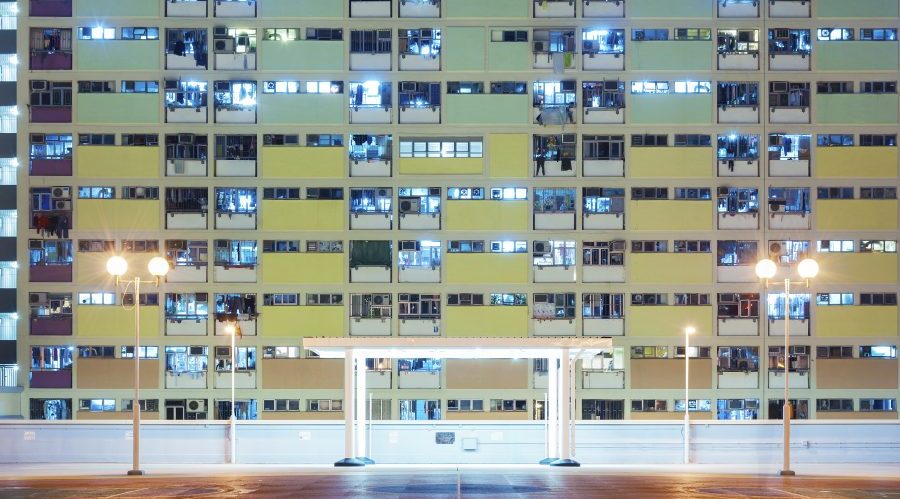In my previous post on social inequalities I lacked space to comment on the last of the three most remarkable aspects of the sentence of Christine Lagarde, the managing director of the International Monetary Fund: the disenchantment of the middle classes about the future.
The causes for such disappointment to my understanding are intimately related to the origin of inequalities.
The French economist Thomas Piketty developed in his book “Capitalism in the XXI Century” the theory that the main cause of the increase of inequalities came from the very essence of capitalism. From his empirical studies (which later they were proved to contain numerous errors) he deduced that in this system the rate of growth of capital is higher than the rate of growth of the economy, so that the wealth of capitalists increases faster than that of working classes.
His theories were most welcomed by broad sectors of the left and by the American middle classes who got great relief by putting the blame of their decline on the capitalist system, exonerating themselves of their own possible mistakes.
Piketty rectified later on, stating that most of the inequalities came from the unemployment produced by the crisis. Whether he is right or not, we must take into account that, according to the IMF, capital income (profits, capital gains and interests) has gone up from 45% to 49% of the GDP between 1975 and 2014.

On the other hand, the 2015 Nobel Prize in Economics, Angus Deaton, declared that “life is better now than at almost any time in history”. His opinions on this matter are based on the so called sufficiency theory: “”it is not about comparing yourself with the richest, but the most important thing is that everyone has enough to live.”
Regardless of these theories, it seems that most of us agree that, in the advanced countries, in recent years inequalities have increased as a result of globalization, new technologies and the reduction of the standard of living of middle classes due to the last crisis.
This finding is especially hard when having a job is not – for many people- a guarantee to emerge from poverty and when these disadvantaged people have come to believe that their children will live, for the first time in the last centuries, worse than them and when moreover they also wonder if this is an accident or a future propensity. Will this trend continue with our grandchildren?
While middle classes ask themselves these questions, there are important demographic changes (migrations, aging of the population…), technological and moral that disconcert and frighten the population. It is what the Polish sociologist, philosopher and essayist of Jewish origin Zygmunt Bauman (who passed away at the beginning of this year) has called “liquid modernity”: continuous changes have led people to lose their traditional anchors such as a stable job, a permanent marriage, a deep ethical and religious bases, etc., consequently people miss solvent and timeless referents to rely on.
According to this thinker, middle class is troubled to see that nowadays nobody is free to be deemed as a waste and recommends separating work from survival through a decent basic income, which would entail an absolute change of our model of society and social relationships.
In the meantime, all these concerns lead people to seek alternative solutions to the parties that had represented them and even alternatives to the system of representation, which has result, in some of the richest countries, in the so-called populisms that have as common denominator the protectionism (America first or Make Europe great again) and the xenophobia (blaming the aliens) calling into question that economic inequalities and opportunities are difficult to reconcile with a truly democratic system.
Reducing inequalities is not a simple task and requires, in addition to balanced economic growth, the creation of quality and sustainable employment, which brings us back to the same solutions: TRAINING and INNOVATION, which are two of the Items that have been reduced most during the last crisis in countries with lowbrow governments. Better redistributive fiscal policies will be also required, despite their more limited path.
Finally, if we want that the optimistic conclusion of the work “The world in 2050” – a compendium of all the trends that will change the planet, written by experts of “The Economist” in 2013- becomes a reality we should start thinking in a better and fairer way to organize ourselves, since without an adequate income, consumption slows down or disappears; and so coexistence and democracy are likely to rapidly undermine.

